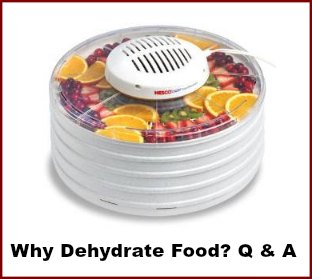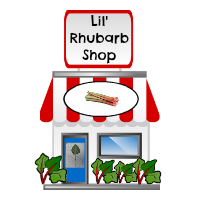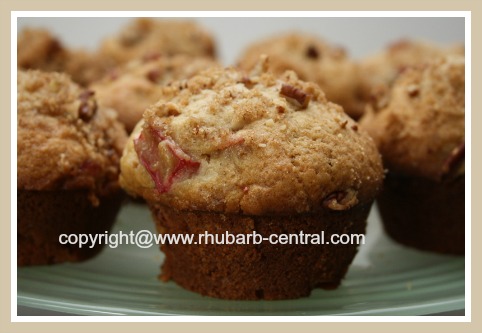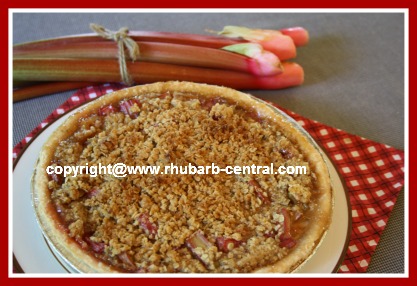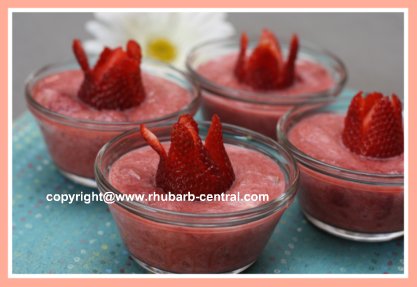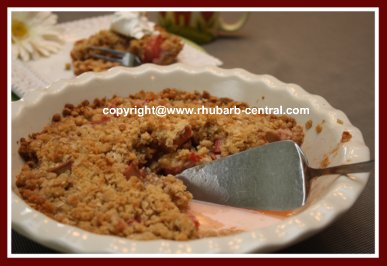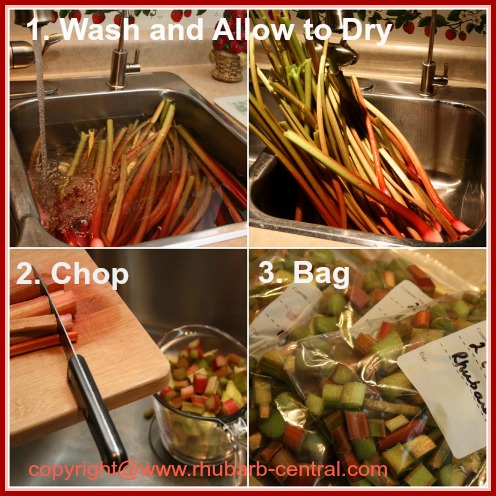Why Dehydrate Food?
Food Dehydration /Drying Information
Why Dehydrate Food?
Many people choose to dehydrate food as a method of preserving food. Why dehydrate food? What are the benefits?
*FTC Disclosure: As an Amazon Associate I may earn from qualifying purchases with no extra cost to you
*FTC Disclosure: As an Amazon Associate I may earn from qualifying
purchases with no extra cost to you
Here are some of the benefits of dehydrating your food at home:
You can take advantage of your garden harvest by dehydrating your fruits and vegetables to be used year round.
You can control the quality of the food you eat and serve.
You will save money.
You can easily create tasty and nutritious snacks.
You can take advantage of supermarket specials, buy in bulk, and preserve the food.
You can use dehydrated food to speed up preparation time.
Dehydrated foods are excellent, nutritious, light-weight snacks for camping and hiking.
Why Dehydrate Food?
All of the above and - it's fun too!
Let the kids help, and make their own snack treats.
Questions and Answers about Dehydrating Food
Be sure to scroll down for examples of great food dehydrators, and a book recommendation for those who are very interested in drying food.
What is Food Dehydrating?
Dehydrating food is a method of preserving fruits, vegetables, meats, and other food by removing the moisture from the food.
Drying food helps prevent the growth of microorganisms and decay of the food, and increases the "shelf life" of the food.
What Types of Food Can be Dehydrated?
Fruits, vegetables, meats, herbs, flowers, bread (for bread crumbs), and pet treats, are examples of foods which can be dried.
You can dehydrate almost anything that contains water!
Can I Dry Different Foods Together in the Same Dehydrator?
Yes, you can dry, for example, various fruits together, different vegetables together, etc., and the flavours should not mix.
However, it is not advisable to dry onions with any other food.
Does Drying Food Destroy the Nutritional Value Foods?
Sources suggest that a minimal loss of nutrients occurs during the food dehydration process, however about 90% of the vitamins and minerals will be retained.
When using a higher heat temperature, the foods will dry faster, but this will also result in more nutrient loss.
How Long Does it Take to Dehydrate Food?
The time to dry food depends on the type of food, quantity, and the capabilities of the dehydrator.
Do I Need to Pre-treat Foods Before Hydrating Them?
Pre-treating foods may enhance the colour and flavour of certain foods, but it is not necessary to pre-treat foods.
If desired, options are dipping, blanching and marinating.
Apples and pears can be pre-treated to help prevent them from oxidizing when exposed to air, and turning a brownish colour.
How Do I Store Dried Foods?
Always store dehydrated food in airtight containers or bags. Store the containers or bags in a cool, dry place, away from light and humidity.
How Long Can Dried Foods be Stored?
For the best appearance, and the optimum nutritional value, dried food should be stored for a maximum of one year. Vacuum packaging extends the "shelf life". Refrigeration or freezing of dried food will double or triple the "shelf life".
Can I "Powder" My Dehydrated Foods?
Yes, you may wish to "powder" certain foods, such as onion, garlic, tomatoes, etc. Dried food can be processed in a blender or a food processor to the desired texture, for use in sauces, pastes, and seasonings.
How Do I Know Which Food Dehydrator to Purchase?
There are many different models of food dehydrators available for purchase.
It is best to research the various models, and read the customer reviews to determine which food dehydrator is best suited for your needs!
You can research information about different styles, models, (and prices), of available food dehydrators by visiting *Amazon.com, and even have one delivered to your door!
Below are a few example of recommended food dehydrators.
Click on the images for detailed product information and customer reviews.
The food dehydrator that I use is very similar to the first one pictured below.
If you would like specific information about drying rhubarb or berries, follow the links below.
GO to How to Dehydrate Rhubarb
Go to How to Dehydrate Berries
If you already own a food dehydrator, and feel that you do not use it as often as you would like to, you may be interested in a highly recommended dehydrator cookbook, (pictured at left, below).
One reviewer of this book had this to say ...
..."If you have a food dehydrator collecting dust somewhere, get this book and haul it out!
This is the best basic book I've seen for preserving foods through dehydration. Not only does she tell you what you need to do *before* you dry it, but she tells you what you can do with the stuff after it's dried. Recipes that are useable, recipes for camping, and some that will surprise you - this is a very comprehensive book.
This is a must-have for backpackers who want every ounce to count, since dried foods weigh so little. A must for parents who read the "Fruit Roll-ups" label in horror: make your own fruit leathers! She'll tell you how to make fantastic beef jerky, too. If you dry foods, you need this book."
TOP of
Why Dehydrate Food
RETURN to
How to Dry Rhubarb
HOME to Rhubarb-Central.com Homepage
Enjoy this Page? Please Share!
©2010-2024 Rhubarb-Central.com
All Rights Reserved Worldwide
No Reproduction Permitted Without the Expressed
Written Consent of the Site Owner


